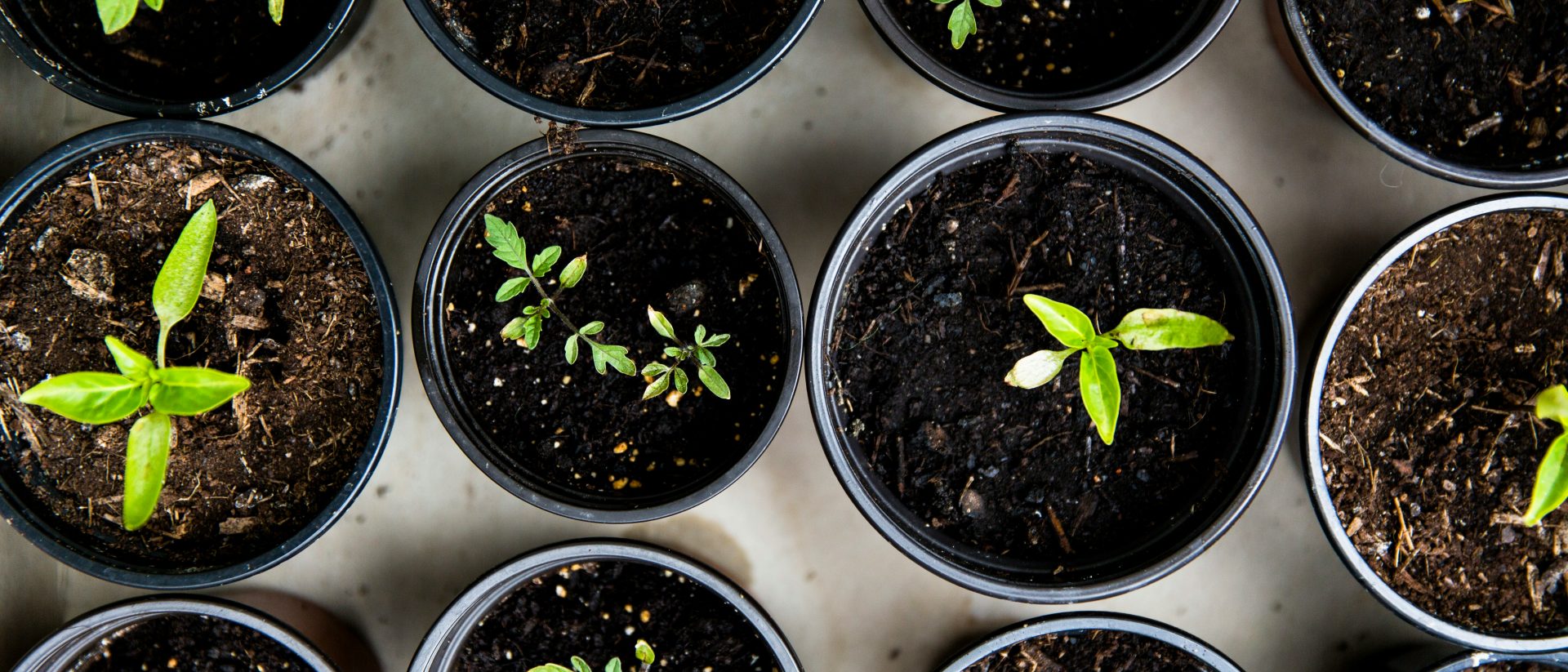An opinion piece written by Jenny Grant, Head of Organics and Natural Capital at the REA
The theme for this year’s International Compost Awareness Week is ‘Compost… nature’s climate champion’ and it got me thinking about all the ways that compost contributes to mitigating climate change. We are sometimes so focused on the high-tech solutions and complex policies that it’s easy to forget that something as natural as composting is a powerful solution.
Compost is not just a pile of decomposed organic matter; it’s a miraculous alchemy that transforms waste into a powerful tool for environmental sustainability. Here are some reasons why compost deserves its title as nature’s climate champion:
- Reducing emissions from waste
When organic matter like food scraps, garden trimmings, and other biodegradable materials decompose in a landfill, they produce methane, a potent greenhouse gas that contributes to global warming. By diverting organic waste from landfills, composting helps reduce greenhouse gas emissions associated with the decomposition while simultaneously creating a valuable product for local agriculture and landscaping.
- Reducing the need for chemical fertilisers
Compost is rich in nutrients, such as nitrogen, phosphorus, and potassium, which can improve soil fertility and promote healthy plant growth. Compost offers a sustainable alternative to chemical fertilisers by providing these essential nutrients to plants in a slow-release form. By enriching soil fertility, compost reduces the need for chemical fertilisers, thereby lowering the carbon footprint of agriculture and promoting ecosystem health.
- Improving soil structure
Compost can improve soil structure by increasing porosity, water-holding capacity, and reducing soil compaction. This creates better conditions for root growth, water retention, improves plant health and makes soils more resistant to erosion and climate extremes such as drought and flooding.
- Improving soil health
Compost contains beneficial microorganisms that boost soil biodiversity and protect against disease. They can enhance the soil’s natural processes such as nutrient cycling and help promote healthy plant growth. Healthier soils lead to healthier plants which take in carbon dioxide and convert it to leafy growth.
- Carbon storage
Compost enhances the soil’s ability to sequester carbon. Soil organic matter, derived from compost and other organic materials, serves as a long-term carbon sink. By storing carbon in the soil, compost helps mitigate the effects of climate change while simultaneously improving productivity and resilience.
- Engagement and education
As well as these direct environmental benefits, composting fosters community engagement and education around sustainable practices. Whether through home composting bins, allotments and community gardens, or municipal composting programs, composting initiatives raise awareness about the importance of waste reduction and soil health and empower individuals to take tangible action to combat climate change in their own communities.
So, I think compost truly deserves its title as nature’s climate champion. By mitigating greenhouse gas emissions, enhancing soil health, reducing reliance on chemical fertilisers, closing the waste loop, and encouraging community engagement, composting offers a multifaceted solution to some of the most pressing environmental challenges of our time. As we strive to build a more sustainable and resilient future, let’s remember the power of this simple yet transformative practice – composting.

